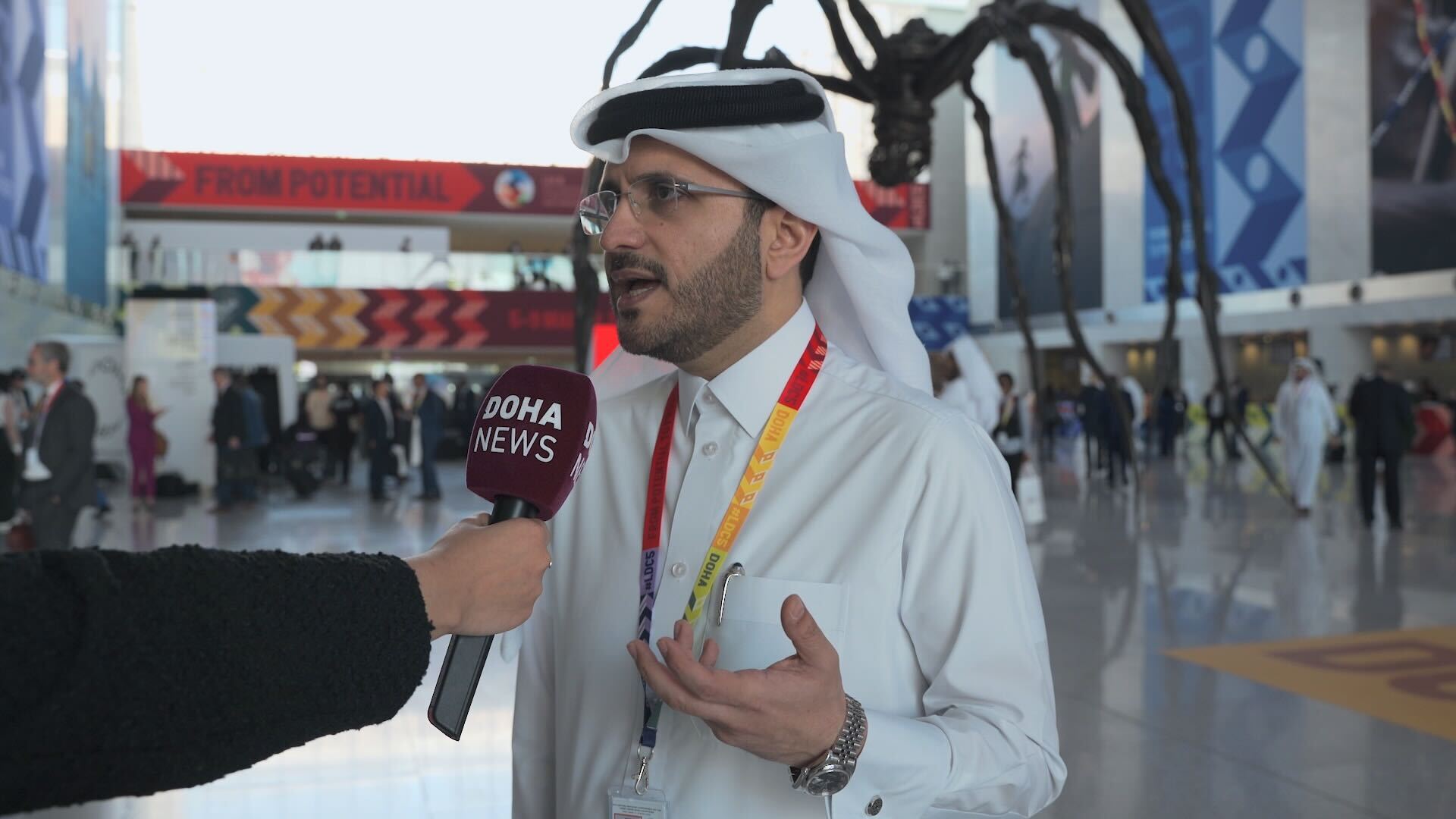There have been separate meetings in Abu Dhabi and Riyadh, and the most recent one was with the Bahraini side, the Qatari official confirmed.
Talks are currently underway for the re-establishment of embassies with the United Arab Emirates, Qatar’s spokesperson for the Ministry of Foreign Affairs confirmed in an interview published on Wednesday.
Dr Majed bin Mohammed Al Ansari, also advisor to the prime minister and foreign minister, noted the restoration of Qatar’s diplomatic connections during an interview with Al Sharq.
“There are also technical committees working between the two countries. There was a meeting recently and we are waiting for the first and essential step, the reopening of embassies and other procedures,” Al Ansari said.
The official also confirmed constructive progress in intra-Gulf ties since the Al Ula agreement was signed in 2021. There have been separate meetings in Abu Dhabi and Riyadh, with the most recent being held with the Bahrainis, he said.
The official outlined Qatar’s foreign policy’s aims to promote peace and prosperity in the region as well as a minimal degree of decent governance.
This strategy captures the Qatari perspectives on a variety of issues, with the Palestinian cause emerging as a key area given Doha’s unwavering stance on the issue.
The comments came after an Emirati official told Reuters on Tuesday that Qatar and the United Arab Emirates are currently in the process of resuming diplomatic relations.
The two Gulf states could reopen embassies and diplomatic missions by mid June, the official said, while another source said relations could resume “within weeks”.
“At present, the activation of diplomatic ties, which will include the reopening of embassies, is under process between both countries,” the UAE official told Reuters.
The Qatari official did not offer a timeline for the move, however the latest developments comes more than two years after the Al Ula Accord was signed in 2021 to bring to an end the region’s worst political crisis.
The rift between Qatar and its neighbouring countries, including Saudi Arabia, the UAE, Bahrain, and Egypt, began in mid-2017 when quarter cut ties with Doha, citing accusations of supporting terrorism and a close relationship with to Iran.
Qatar had vehemently rejected the claims and dismissed them as “baseless”.
Qatari diplomacy
Meanwhile, touching on Qatar’s global role, Al Ansari said Doha has gained a reputation as a dependable and active partner in the international arena as a result of its consistent and stable foreign policy, as well as its positive interactions with its regional and international counterparts.
Qatari diplomacy is one based on constants and values that do not fall subject to negotiation or change. These values are represented in standing up for what is right, achieving justice, assisting the oppressed, and ensuring the rights of people to self-determination, he added.
Especially with regards to hate against Muslims, Doha has long adopted an unshakeable stance in the face of Islamophobic incidents around the globe.
Doha has constantly maintained its position at the forefront of vocalising its refusal of any form of hatred and “insulting” remarks against Islam, asserting that ‘vile incidents’ against the religion is an act of incitement and a serious provocation to more than two billion Muslims in the world.
In June, a violent Indian police crackdown on Muslims prompted Qatar to issue a statement.
Qatar immediately summoned India’s envoy to Doha to deliver a letter of condemnation. In a statement, authorities in the Gulf nation said they rejected comments made by the Indian officials against the Prophet Muhammad .
Speaking to Doha News at the time, Dr Farhan Chak, Associate Professor of Political Science at Qatar University said Doha’s prompt statement highlighted its strong leadership role in the region.
By coming forward Qatar “says to the whole world that look we are part of the international community, we are part of the world as well, we have our values as well [which] may not coincide with other people’s values and we have every right to protect our values and we have every right to respond when those values are ridiculed, when those holy personalities are targeted,” Chak said.
More recently, Qatar has been vocal in its opposition to a series of incidents involving far-right leaders burning copies of the holy Quran in Europe.







